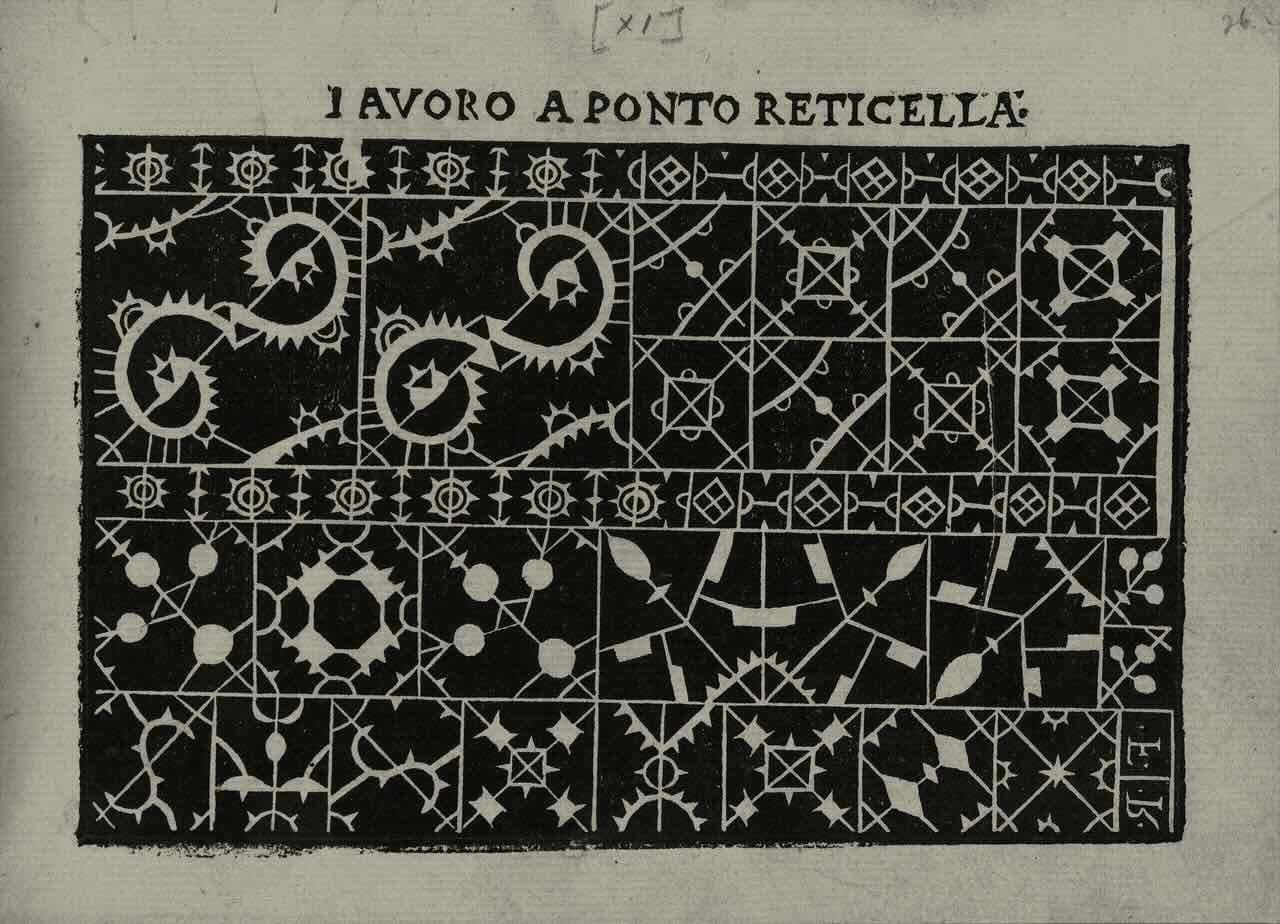Daniel Rothschild
The remarkable recent advances in AI are powered by learning algorithms that allow computers to develop abilities through training. Unlike traditional programming, where software is explicitly coded with specific instructions, modern AI systems learn through experience, adapting and improving their performance as they process vast amounts of data. This module uses machine learning as a window into the more familiar, but still largely mysterious, process of human learning. We will read and discuss classical and contemporary literature from a variety of disciplines including philosophy, computer science, psychology, and evolutionary biology on learning and cognition.
The seminar meets Thursdays from 2pm to 5pm in the seminar room of the UCL Philosophy Department, 19 Gordon Square. There is no meeting on 30 May. On 6 June the seminar will meet from 11-1pm in order not to clash with the Shearman Lectues (Nico Kolodny) and the last session will be 13 June.
The module will be assessed by a 3500-word essay.
All unlinked readings available here (ask instructor for password).
All staff and students welcome at any sessions.
25 APRIL: LEARNING IN THEORY AND PRACTICE
- Selections from Plato, Locke, Leibniz, and Jerry Fodor on learning.
- Sections 1-3 of Eric Mandelbaum, 2020: “Associationist Theories of Thought”
- Selections from Stanislas Dehaene, 2018: How We Learn
2 MAY: MACHINE LEARNING AND DEEP LEARNING
- Yann LeCun, Yoshua Bengio, and Geoffrey Hinton (2015): “Deep Learning”
- Selections from Melanie Mitchell 2019: Artificial Intelligence: A Guide for Thinking Humans
- Selections from Cameron Buckner 2024: From Deep Learning to Rational Machines
- Millière and Buckner 2024: “A Philosophical Introduction to Language Models – Part I: Continuity With Classic Debates”
- Andrew Ng, Lectures 3-7 of Introduction to Machine Learning Online Course
- Daniel Rothschild: Some notes on AI and Deep Learning
9 MAY: DO HUMANS LEARN FASTER THAN MACHINES?
- Dehaene, 2018: How We Learn, Chapter 2
- Brenden M. Lake, Tomer D. Ullman, Joshua B. Tenenbaum, Samuel J. Gershman, 2017: “Building Machines That Learn and Think Like People”
- Micheal C. Frank, 2023: “Bridging the Gap”
- Robert Long, 2024: “Nativism and empiricism in artificial intelligence”
16 MAY: LEARNING AND MOTIVATION
- Selections from Melanie Mitchell 2017: Artificial Intelligence: A Guide for Thinking Humans
- Selections from Brian Christianson 2020: The Alignment Problem
- Richard Sutton and Andrew Barto 2018: Reinforcement Learning (2nd edition), chapter 1.
- Alsion Gopnick, 1998: “Explanation as Orgasm”
23 MAY: THE STARTING STATE AND BEYOND
- Selections from Elizabeth Spelke, 2022: What Babies Know
- Susan Carey: “Bootstrapping and the Origins of Concepts”
- Fei Xu, 2019: “Towards a rational constructivist theory of cognitive development”
- Buckner, Cameron, 2024: Chapter 1 of From Deep Learning to Rational Machines
6 JUNE 11-1pm LEARNING AS SOCIAL
- Michael Tomasello, Malinda Carpenter, Josep Call, Tanya Behne, and Henrike Moll 2005: Understanding and sharing intentions: The origins of cultural cognition (also chapter 6, Frans de Waal 2016: Are We Smart Enough to Know How Smart Animals Are? for a reply of sorts)
- Selections from Paul Harris 2012: Trusting What We’re Told
- Selections from Joseph Henrich 2015: Secret of our Success
June 13 ANALOGY AND ABSTRACTION
- Dedre Gentner and Christian Hoyos, 2017: “Analogy and Abstraction”
- Paul Smolensky, R. Thomas McCoy, Roland Fernandez, Matthew Goldrick, Jianfeng Gao, 2022: “Neurocompositional computing: From the Central Paradox of Cognition to a new generation of AI systems”
- Joshua S. Rule, Joshua B. Tenenbaum, and Steven T. Piantadosi, 2020: Child as Hackner
- Dehaene et al. Symbols and mental programs: a hypothesis about human singularity
Image: Lace pattern woodcut by Isabella Catanea Parasole, 1600
